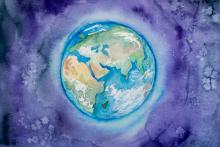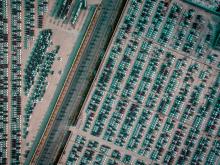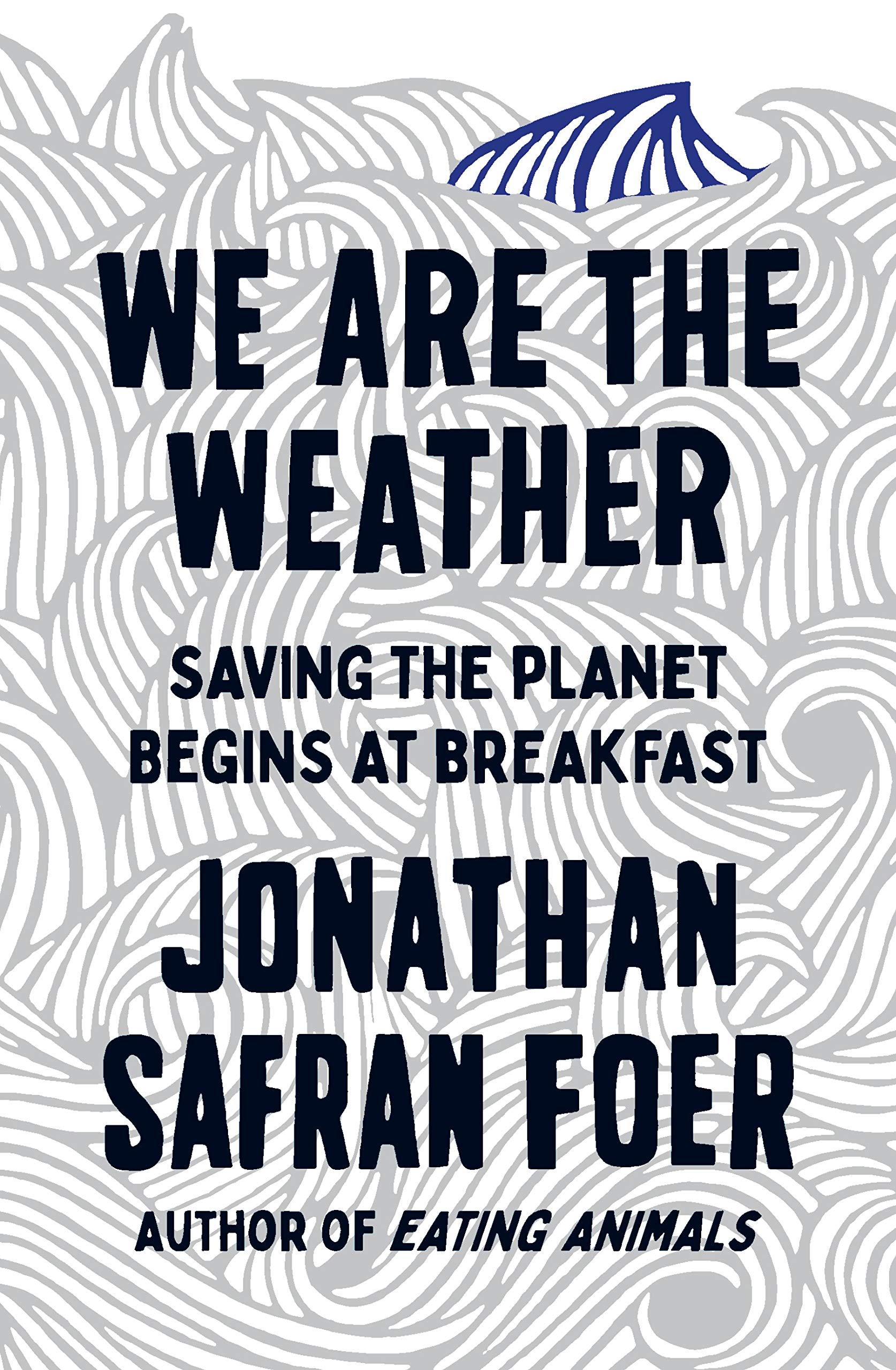What is our relationship towards the environment and why should we care about it?
In the way we have come to use the automobile, I think we have lost many things - clean air, health, nature, green spaces, and a little bit of our soul. This is my call for us to banish mass private ownership of automobiles from our cities.
We need a change in our culture to enable us to live in an environmentally attuned way, here are my ideas on how we need to change
Here are some of the changes we all need to make in our lives to stop being footsoldiers in the war against the natural world
The animals in the human food system are one of the major contributors to greenhouse gas emissions. A lot of different studies have come up with different figures as to what percentage of emissions are attributable to livestock; here I discuss them in the context of the world and Australia specifically.
In only a short time, Australia has been radically changed by European settlement. This is an introduction into the main problems we face.
I think that I shall never see, A poem lovely as a tree
Safran Foer is a wonderful writer. Whether you agree with or understand the tact he takes in a given piece, it is always well put and stylistically elegant. For him to take on a topic like our diet and its relationship to climate change was exciting. As he shows clearly...


